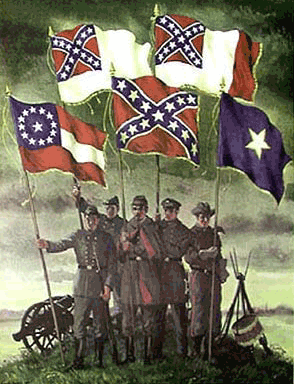Dear Fred,
Lest you think that it was only the Confederate forces that had inter-service squabbles; let me put your mind to rest. As the Yankee's pressed further into Tennessee--where they had no constitutional right to be--headed for Nashville, a squall was brewing between Grant and Buell. It was claimed that Grant's men were encroaching on Buell's territory.
"Say, wouldn't be closer to the truth to say that they both were encroaching on Confederate territory?"
Fredrick looked up at his friend and smiled a slightly grim smile.
Chuck nodded his head determinedly; "Thought so. Continue."
Federal General Smith (you remember the old soldier with the mustaches, do you not?) occupied Clarksville (Tenn.) under orders from U.S. Grant.
Meanwhile, the new Confederate Congress was busy counting electoral votes. They also ordered the release of 2,000 Federal prisoners.
A single skirmish was documented at West Plains, Missouri.
Grandfather
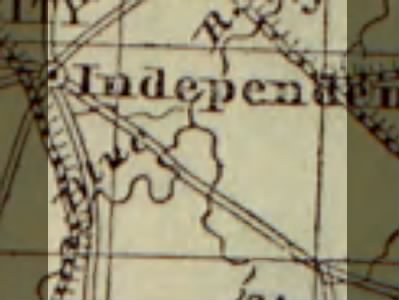
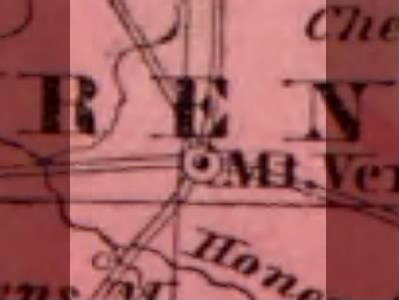

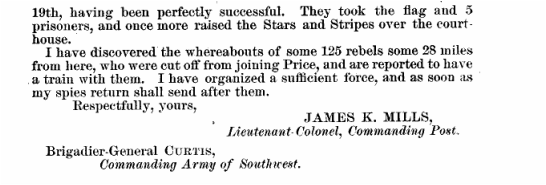
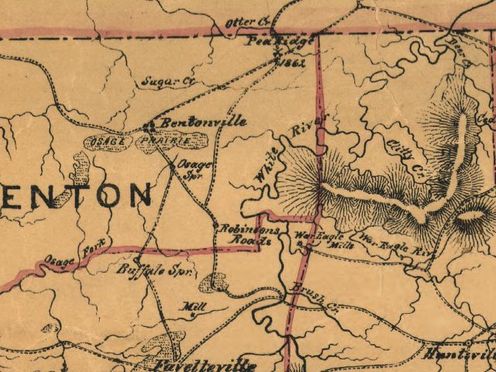
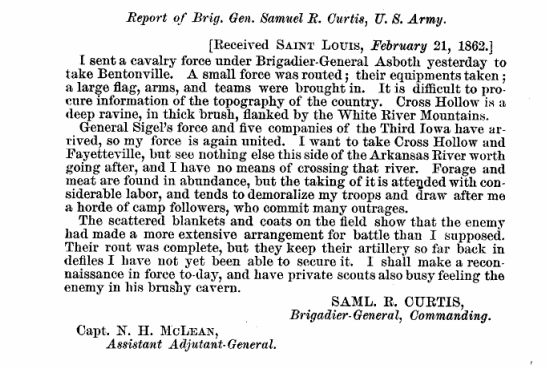
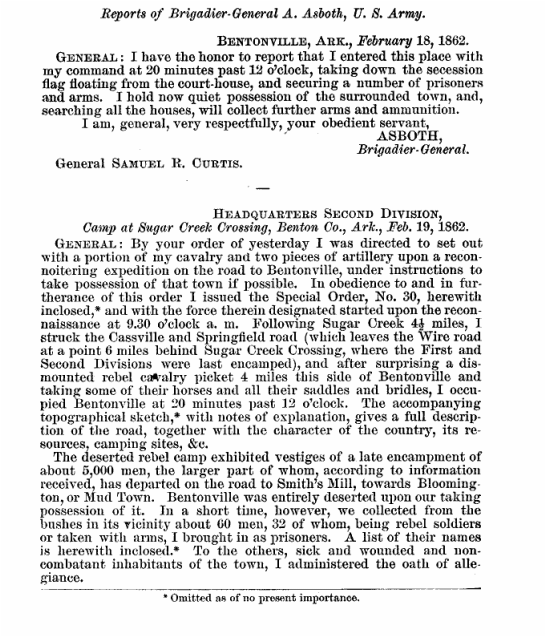
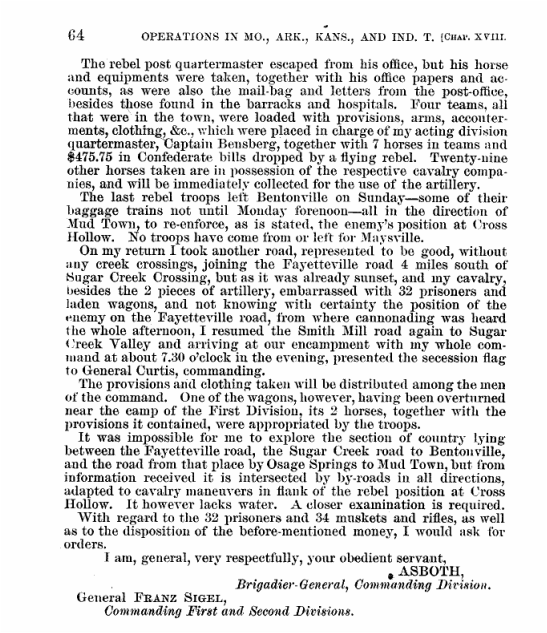


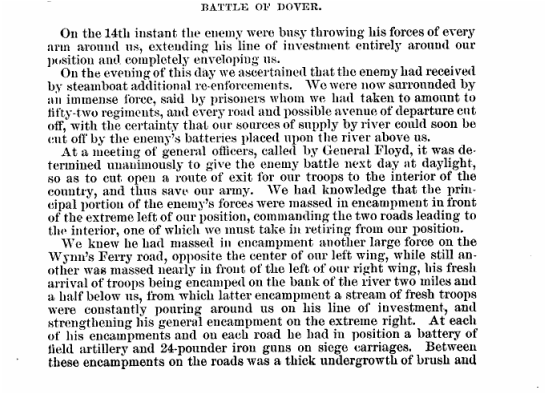
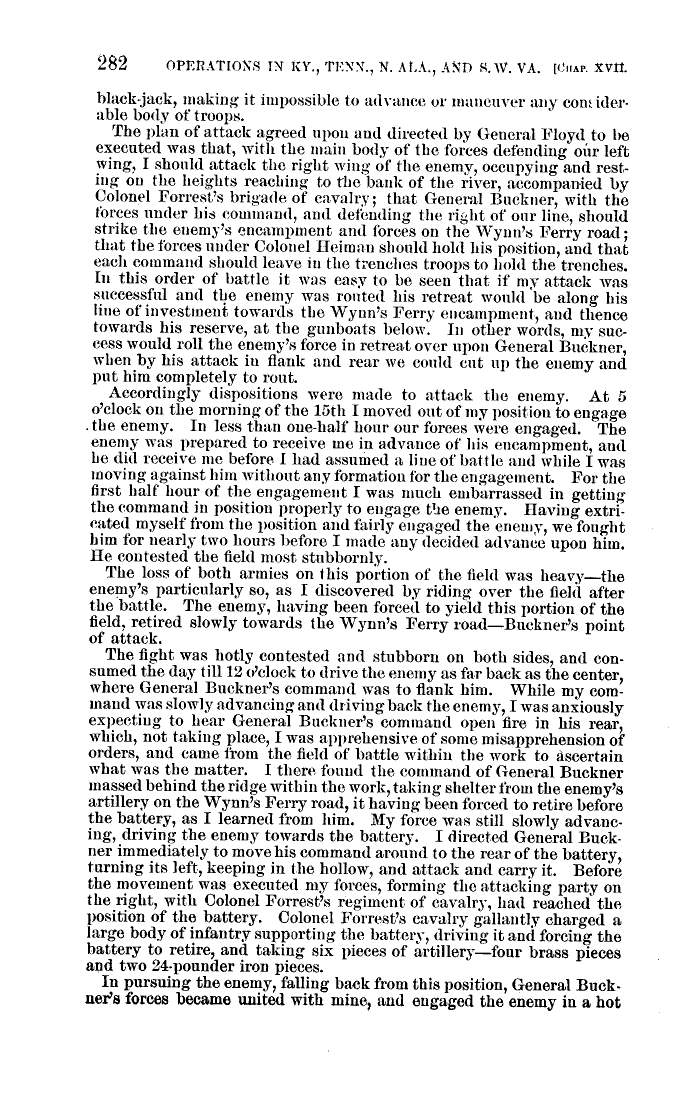
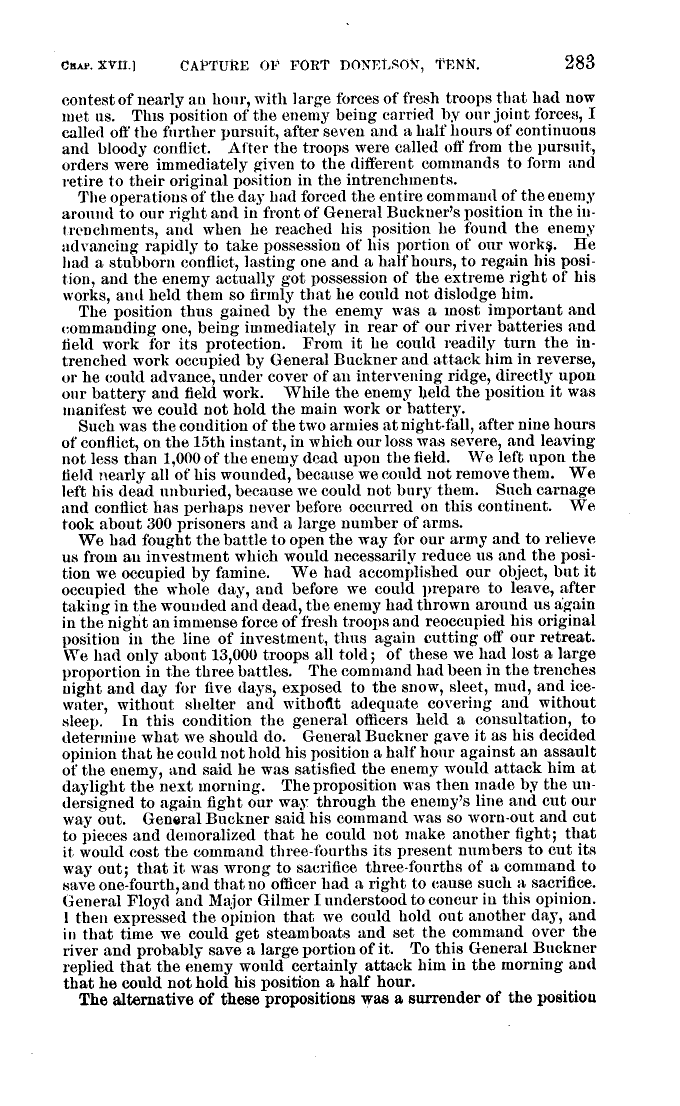
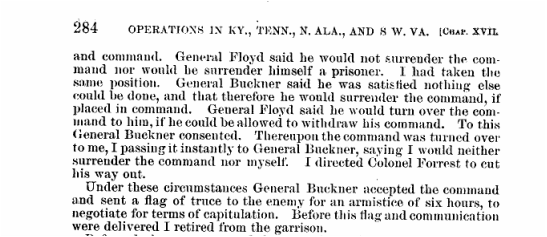
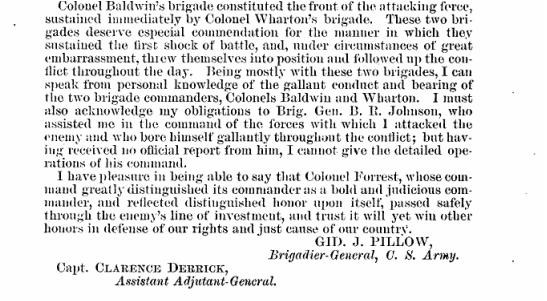
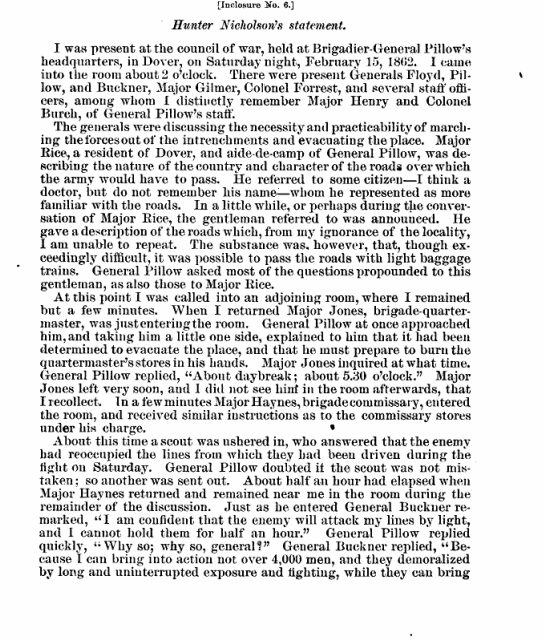
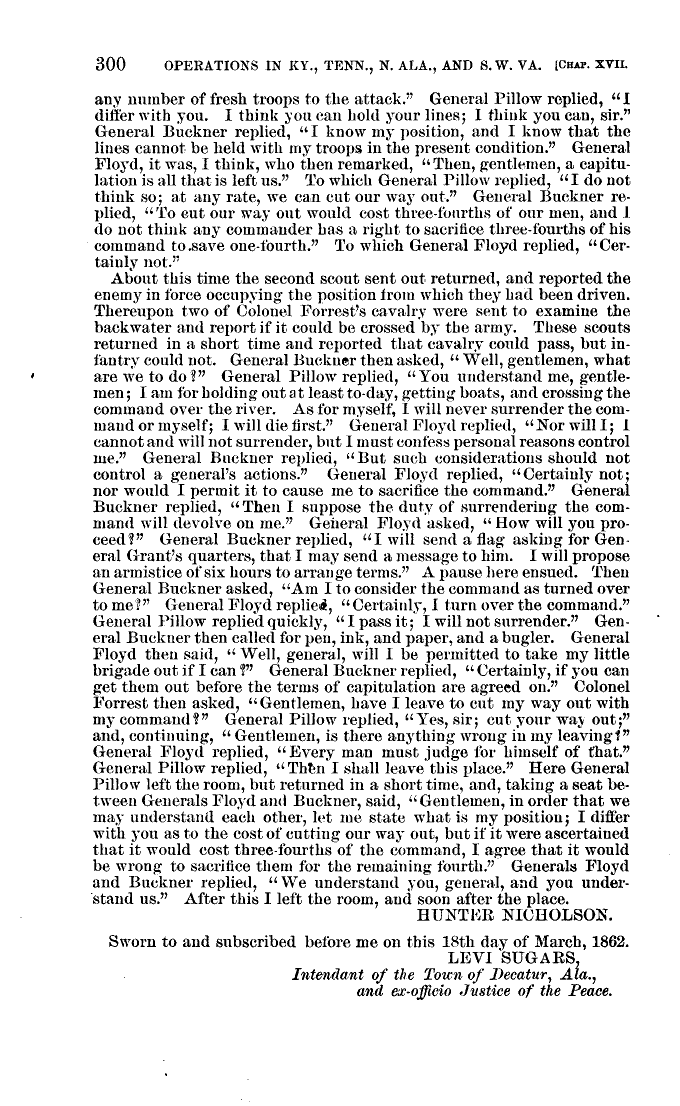

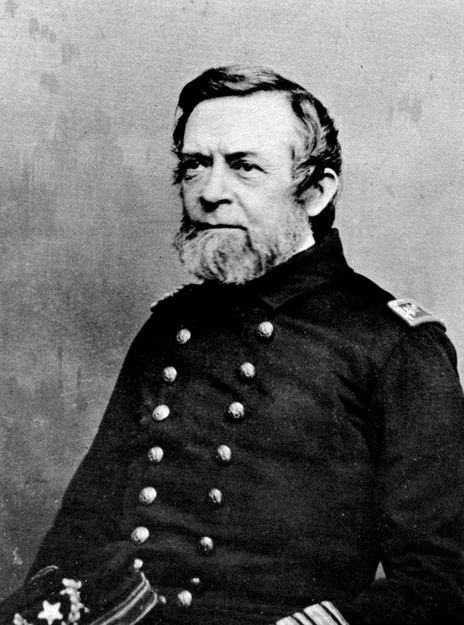



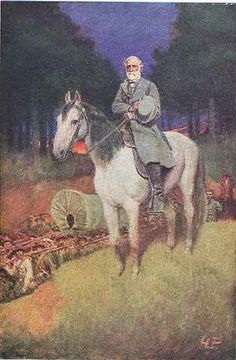
 RSS Feed
RSS Feed
